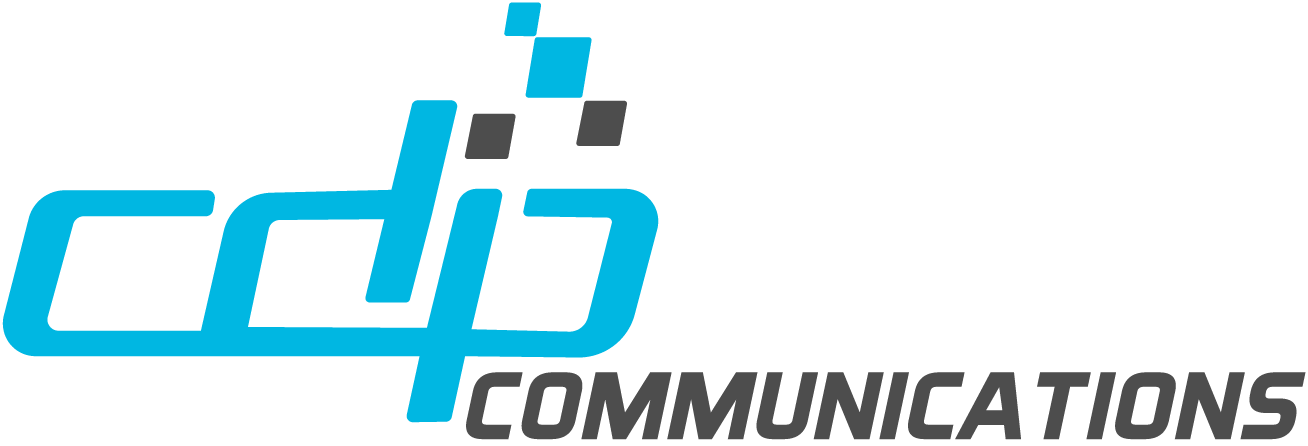Ensuring digital accessibility is not just a legal requirement, but a moral imperative. By prioritizing accessibility, you open doors to a wider audience, foster inclusivity, and demonstrate a commitment to equal access. This article highlights global (“universal”) compliance standards like WCAG and PDF/UA. It also outlines some laws from across North America, Europe, Australia/Oceania, and the Middle East. These compliance standards and laws ensure that accessibility is both a legal requirement and a moral imperative. Don’t wait for legal action or negative publicity to act. Invest in accessibility now and empower everyone to engage with your digital content without barriers.
Global Standards for Accessibility:
- Web Content Accessibility Guidelines (WCAG): developed by the World Wide Web Consortium (W3C), offers guidelines for making web content accessible. It covers perceivability, operability, understandability, and robustness, and provides different levels of conformance (A, AA, AAA).
- PDF/UA (Portable Document Format/Universal Accessibility): is an ISO standard (ISO 14289) that provides guidelines for creating accessible PDF documents. It ensures that PDFs are structured, tagged, and designed to be compatible with assistive technologies, enabling individuals with disabilities to access and interact with the content effectively.
- ISO 30071-1: this international standard addresses accessibility in software and digital content development. It provides guidelines and requirements for creating accessible software applications and digital content.
- Accessible Rich Internet Applications (ARIA): ARIA is a set of specifications developed by the W3C that enables developers to enhance the accessibility of dynamic web content and web applications. It provides additional semantics and attributes to make interactive elements more accessible to assistive technologies.
North American Compliance Laws:
United States:
- Americans with Disabilities Act (ADA): Prohibits discrimination based on disability and requires equal access to goods, services, facilities, and communication, including digital platforms.
- Section 508 of the Rehabilitation Act: Requires federal agencies to make their electronic and information technology accessible to individuals with disabilities.
- Section 504 of the Rehabilitation Act: Prohibits discrimination based on disability in any program or activity receiving federal financial assistance, including digital accessibility.
- Individuals with Disabilities Education Act (IDEA): Ensures that children with disabilities have access to a free appropriate public education, including digital resources and technology.
State-specific Laws:
California
- California has implemented several laws and regulations to ensure digital accessibility. Here are the key compliance laws in California:
- California AB 434: This law requires all state agency websites to conform to at least Level AA of the Web Content Accessibility Guidelines (WCAG) 2.0. State agency directors must post a signed certification form on their websites, confirming compliance with Government Code Sections 7405, 11135, and WCAG 2.0 Level AA guidelines.
- California’s Unruh Act: Under the Unruh Act, any violation of the Americans with Disabilities Act (ADA) also constitutes a violation of the state’s Unruh Act. This allows plaintiffs to seek damages under state law, making California a hotspot for accessibility lawsuits.
- California Government Code Section 7405: This code section directs state government entities to follow Section 508 of the federal Rehabilitation Act, which requires accessibility of electronic and information technology.
- California Government Code Section 1135: ensures equal access for people with disabilities to any program or activity administered by the state or receiving financial assistance from the state.
- SB 1186: This law targets frivolous disability access lawsuits in California, aiming to curb the increasing number of ADA lawsuits filed in the state. It seeks to deter attorneys from filing lawsuits solely for financial gain without improving access for the disabled community.
Florida
- Florida Accessible Electronic and Information Act was implemented that requires Florida state government web sites to comply with Section 508 to ensure the widest possible audience easy access to government information. Florida Digital Accessibility Ordinance: Requires state agencies and contractors to comply with WCAG 2.0 Level AA standards for digital accessibility.
New York State
- New York: New York State Policy NYS P08-005 establishes minimum accessibility requirements for web-based Information and applications developed, procured, maintained or used by state entities.
Texas
- Texas Administrative Code (TAC ) 206.50 and 213.10 through 213.17 prescribe the standards and specifications to which the Comptroller’s office and other state agencies must comply in making their websites and electronic and information resources accessible to persons with disabilities.
Illinois
- Illinois Information Technology Accessibility Act (IITAA): Ensures accessibility of electronic and information technology in state agencies.
Massachusetts
- Massachusetts: Massachusetts Information Technology Accessibility Standards (ITAS): Sets accessibility requirements for state agencies’ electronic and information technology.
Washington
- Washington State’s Accessibility Policy 188.: This policy establishes the expectation for state agencies that people with disabilities have access to and use of information and data and be provided access to the same services content that is available to persons without disabilities unless providing direct access is not possible due to technical or legal limitations.
Canada
- Accessible Canada Act (ACA): Requires organizations under federal jurisdiction to ensure accessibility of their digital content and technology.
Province-specific laws:
- Accessibility for Ontarians with Disabilities Act (AODA): Develops and enforces accessibility standards for digital content and technology in Ontario.
- British Columbia: British Columbia Accessibility 2024: A comprehensive plan to make British Columbia accessible for people with disabilities by 2024.
- Quebec: Act to Secure Handicap Accessible Transportation Services: Ensures accessible transportation services for individuals with disabilities in Quebec.
- Manitoba: Accessibility for Manitobans Act: Establishes accessibility standards and requirements for public and private organizations in Manitoba.
- Nova Scotia: Accessibility Act: Promotes accessibility and sets accessibility standards for Nova Scotia.
European Compliance Laws:
European Union:
- European Accessibility Act (EAA): Sets accessibility requirements for products and services in the EU internal market.
- EN 301 549: This European standard is based on WCAG and provides accessibility requirements for ICT products and services, including websites, software, and electronic documents. It aims to ensure equal access to information and communication technologies for people with disabilities across Europe.
United Kingdom
- Public Sector Bodies Accessibility Regulations (PSBAR): Requires public sector websites and mobile applications to meet accessibility standards.
Australia/Oceania Compliance Laws:
Australia:
- Disability Discrimination Act 1992: Prohibits discrimination based on disability, including in digital services and technology.
Middle East Compliance Laws:
United Arab Emirates:
- Law No. 3 of 2022, pertaining to the Protection of the Rights of People of Determination in the Emirate of Dubai: promotes inclusive design and accessibility across various domains, including digital services and infrastructure.
Israel:
- Equal Rights for Persons with Disabilities Law: prohibits discrimination against individuals with disabilities and requires accessibility in public and digital services.
Summary
Ensuring accessibility for all users is not only a legal requirement but also a moral imperative. By making your company’s digital content accessible, you are opening doors to a wider audience. This fosters inclusivity, and demonstrates a commitment to equal access. Compliance with global accessibility standards, such as WCAG, PDF/UA, and various regional laws, is key to achieving this goal. Following a “Universal Accessibility approach” ensures compliance with local and international requirements. Don’t wait for a lawsuit or negative publicity to push you towards accessibility. Take proactive steps now to enhance user experience and make a positive impact on society. Invest in accessibility, and empower everyone to engage with your digital content without barriers. Let’s build an inclusive digital world together.
Note: This list is not exhaustive. There may be additional regional, national, and local laws and standards related to digital accessibility. It is important to consult the specific laws and regulations applicable to your jurisdiction for comprehensive information.
We can help
CDP Communications Inc. provides software that creates compliant Universal Accessible documents, enables print data stream transformations, secures the archival/retrieval of print documents, and compares print data stream files, in a fraction of the time that a manual process would take.
CDP has specialized in developing software solutions for Independent Software Vendors, Original Equipment Manufacturers, Service Bureaus, and Developers since 1984 and it has continually evolved its software and added to its catalogue to support the ever-increasing demands for printing and information solutions. Need software to remediate documents or ensure accessibility and compliance from creation? We’ve got your back there too!
Many of the biggest companies across numerous industries trust CDP’s solutions. Since 1984 we’ve been leaders in the technology and toolsets that drive winning approaches, saving time, money, and effort. Not to mention promoting reliable accuracy and compliance.
To learn more about ADEPT UA and other CDP Communications products, please visit our website or contact us directly at renewals@cdpcom.com.




